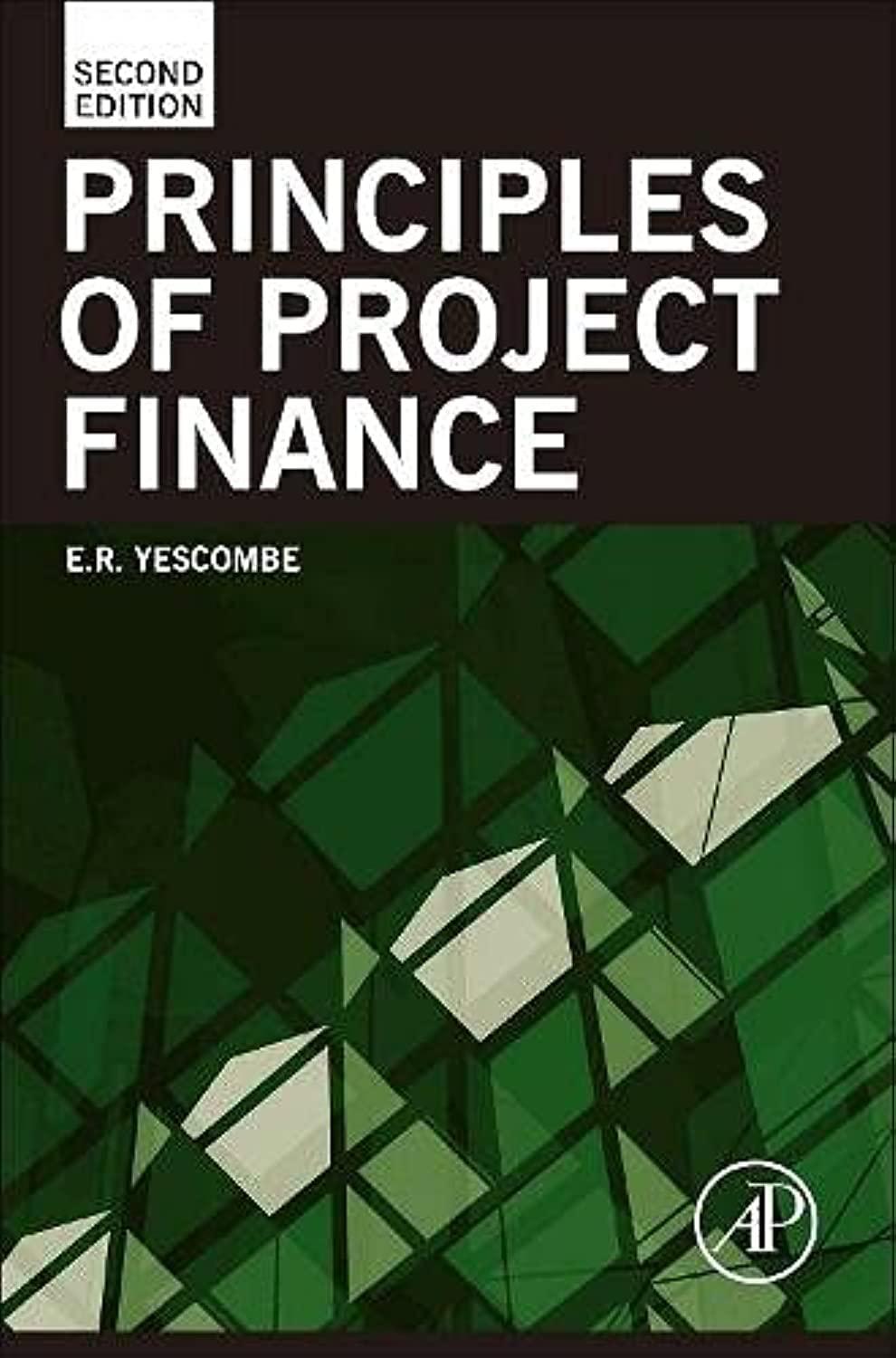Question
Capital Budgeting Methods Project S has a cost of $10,000 and is expected to produce benefits (cash flows) of $3,500 per year for 5 years.
Capital Budgeting Methods
Project S has a cost of $10,000 and is expected to produce benefits (cash flows) of $3,500 per year for 5 years. Project L costs $25,000 and is expected to produce cash flows of $8,000 per year for 5 years.
Calculate the two projects' NPVs, assuming a cost of capital of 14%. Do not round intermediate calculations. Round your answers to the nearest cent.
Project S: $
Project L: $
Which project would be selected, assuming they are mutually exclusive?
Calculate the two projects' IRRs. Do not round intermediate calculations. Round your answers to two decimal places.
Project S: %
Project L: %
Which project would be selected, assuming they are mutually exclusive?
Calculate the two projects' MIRRs, assuming a cost of capital of 14%. Do not round intermediate calculations. Round your answers to two decimal places.
Project S: %
Project L: %
Which project would be selected, assuming they are mutually exclusive?
Calculate the two projects' PIs, assuming a cost of capital of 14%. Do not round intermediate calculations. Round your answers to three decimal places.
Project S:
Project L:
Which project would be selected, assuming they are mutually exclusive?
Which project should actually be selected?
Step by Step Solution
There are 3 Steps involved in it
Step: 1

Get Instant Access to Expert-Tailored Solutions
See step-by-step solutions with expert insights and AI powered tools for academic success
Step: 2

Step: 3

Ace Your Homework with AI
Get the answers you need in no time with our AI-driven, step-by-step assistance
Get Started


